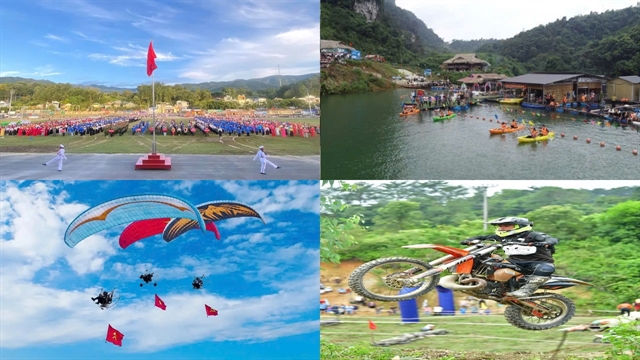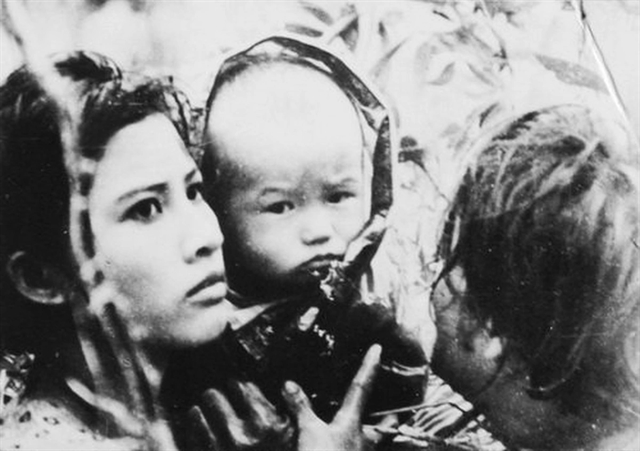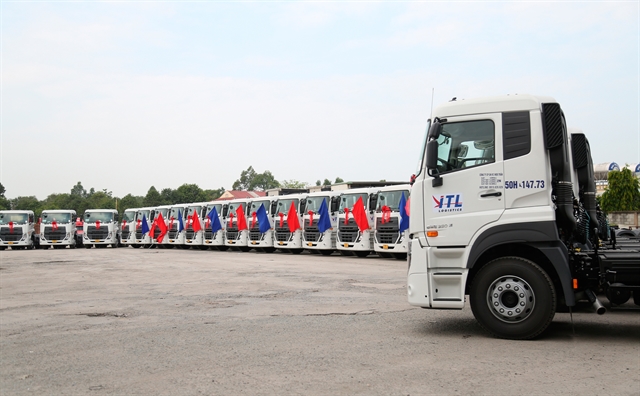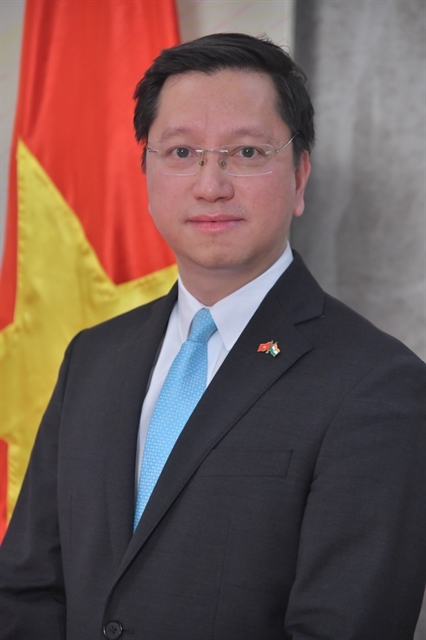 Politics & Law
Politics & Law
.jpg)
A recent Hà Nội policy barring citizens from taking photos, videos or audio recordings without permission during meetings with public servants has created controversy, with many criticising its implications for transparency efforts.
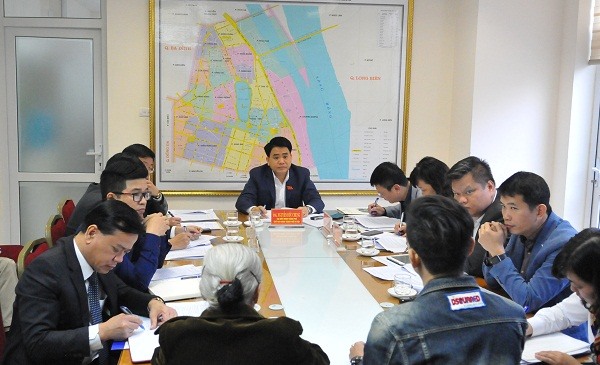 |
| Chairman of the Hà Nội People’s Committee Nguyễn Đức Chung (centre) at a meeting with citizens of Hoàn Kiếm District in December 2018. — Photo kinhtedothi.vn |
HÀ NỘI — A recent Hà Nội policy barring citizens from taking photos, videos or audio recordings without permission during meetings with public servants has created controversy, with many criticising its implications for transparency efforts.
Nguyễn Đức Chung, Chairman of the Hà Nội People’s Committee, signed the Decision on regulations regarding reception of citizens on January 3. Chung said the policy is meant to “prevent cases where groups of people coming to the offices record videos or audio and post doctored versions online to serve other purposes.”
The head of the municipal government also said audio-capable security cameras have already been installed in all of the city’s citizen reception halls.
“We would comply with citizen requests to extract the camera feed, and have necessary papers to record such requests,” Chairman Chung told news outlet Infonet.vn.
In case any citizen wishes to record videos or audios, they can still negotiate with the public servants that receive them.
“After the recording is finished, both parties would review, agree on the content and the use of the recordings and put down these [items] in a report,” he said, adding that the use of the recordings must also be transparent and public.
However, many argued this would discourage public supervision of the administration’s workings and that there should not be anything to hide.
Ngô Minh Long, from the Hà Nội lawyers’ association, said the policy is not in line with the current law, as citizens’ reception halls are public places and not restricted areas where recordings could only be conducted with prior authorisation.
Long argued that while the law does not outlaw recording, it does forbid “inappropriate dissemination” of the recordings, so citizens’ deliberate use of video recordings to slander someone or to incite anti-Government violence would be a violation of the law.
Nguyễn Hồng Điệp, head of the Central committee on citizens’ reception (under the Government Inspectorate), said it is within the Hà Nội Chairman’s jurisdiction to issue such policies, adding that the same policy is being applied at the Government Inspectorate.
National Assembly Deputy Lưu Bình Nhưỡng said the policy is not “violating the law or the Constitution,” since citizens could still record sessions with officials’ consent.
"While many could be okay with the cameras, others may feel uncomfortable or distracted," Nhưỡng added. — VNS
.jpg)
.jpg)
